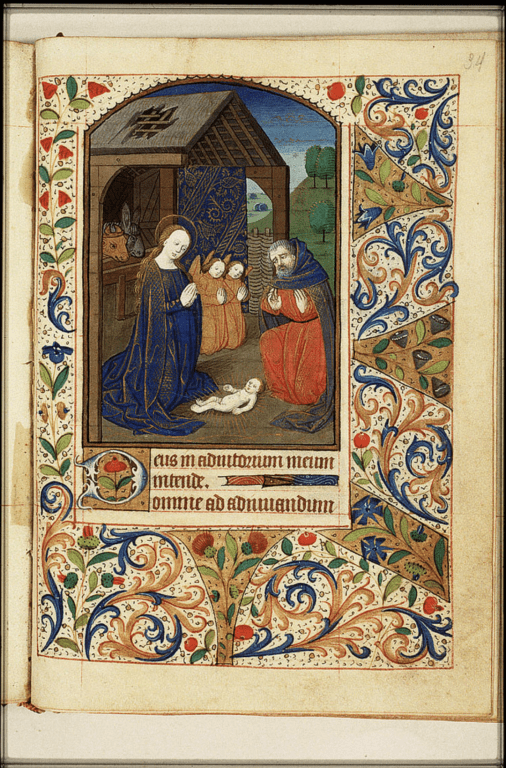All too often we speak of the incarnation as the action by which God sets his glory aside to embrace the shame that is the muck and dross of this world. No doubt, there’s some truth to that sentiment. However, we also know that, like many other things, there is something true in every half-truth.
What can go unnoticed, if we’re not careful, is that the incarnation represents the precise opposite in several extraordinary ways. Yes, the baby Jesus was wrapped in swaddling clothes and lying vulnerable in a feeding trough. But would you not want to hold that cloth? Wouldn’t you be curious to see that dirty manger? At his birth, Christ bestowed such banal items with astonishing honor. Not only so, but he also opens our eyes to see the many ways that glory imbues creation.
What do I mean by glory? While much could be said, and indeed has been said on the subject, I defer for now to the N. T. Wright. In his recent work Broken Signposts: How Christianity Makes Sense of the World, Wright says that glory, as spoken of in the psalms and elsewhere in the Old Testament, is
“anything and everything that reflects or embodies that strange, powerful, hard-to-pin down sense of something more, something greater, something more intimate than what you would get from a chemical or mathematical analysis.” (98)
This is precisely what John touches on when he opens his Gospel by saying,
“And the Word became flesh and dwelt among us, and we have seen his glory, glory as of the only Son from the Father, full of grace and truth.”
These words are apocalyptic in nature. That word, “apocalypse,” stems from a Greek word meaning to “reveal” or “unveil.” The incarnation is the revelation of true honor and glory.
Rather than lament, “Poor Jesus. He had to wear this shameful flesh and blood like us,” we should rather be saying, “I had no idea that he thought so much of these bodies and this worldly abode our ours.”
At every turn in the Gospels, we see this idea given a new expression. What we think is ordinary is anything but. We can imagine the litany of insults that must have informed Nathanael’s impression of Jesus’ hometown of Nazareth. A distorted perspective about what and where is worthy of honor or shame almost led to Nathanael missing out on heaven itself.
In John 1:45, we read this:
Philip found Nathanael and said to him, “We have found him of whom Moses in the Law and also the prophets wrote, Jesus of Nazareth, the son of Joseph.” Nathanael said to him, “Can anything good come out of Nazareth?”
As we look back at the narratives of Jesus’ birth, we find ourselves like Nathanael, nearly missing the spectacular ways that Christ’s incarnation reveals what is means to enjoy true honor. This honor is, as it were, of the only Son from the Father.
This will be the subject of the next post, in which I’ll give several biblical examples.














